Anxiety is a mental health condition, meaning it can affect the way you think, feel and behave. Surveys suggest that anxiety may be on the rise.
According to the Australian Bureau of Statistics, around one in eight Australians (13.1%) had an anxiety related condition in 2017-18, an increase from 11.2% in 2014-15. Arguably this may have risen further since COVID.
Parenting expert Michael Grose, who along with Dr Jodi Richardson, co-wrote Anxious Kids: How children can turn their anxiety into resilience (2019), believes there are many more anxious kids who go undetected.
He says while anxiety often runs in families, twenty-first century life is contributing to rising anxiety levels due to:
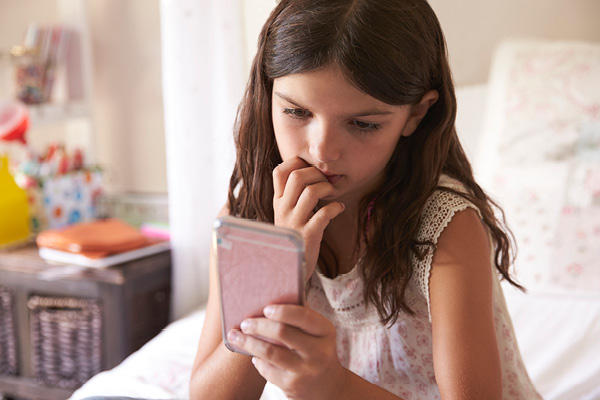
Parenting an anxious child can impact on the whole family – from kids being late to school and parents having their work disrupted, to children not wanting to take part in everyday activities or events.
But the good news is, anxiety is a well understood and manageable condition. According to Michael Grose, ‘anxiety is one of life’s knocks kids can get back up from’, with more support available than ever before.
While parents should seek the advice of a GP or mental health professional if they are concerned about their child’s anxiety, simple strategies can make a profound difference for most children.
In simple terms, anxiety is our old brain’s response to danger. Anxiety triggers the fight-or-flight response which sends messages to the body to respond to threat.
For an anxious child or teenager, an everyday event such as the school swimming carnival, public speaking, their first school camp or a big exam can trigger feelings of overwhelm – sending messages to the body and brain that danger is imminent.
Michael says the key to helping anxious kids is to give them the tools to self-regulate their responses to stressful situations.
Teaching children to do deep belly breaths is the quickest way to achieve calm as deep breathing sends signals to the parasympathetic nervous system to relax and rest.
Deep breathing is a powerful tool for both adults and children, helping to relieve stress, soothe anxiety, increase energy and bring our minds back to the present.
There are many simple meditations for kids available online and via apps. Try this free one from Smiling Mind on the ABC website.
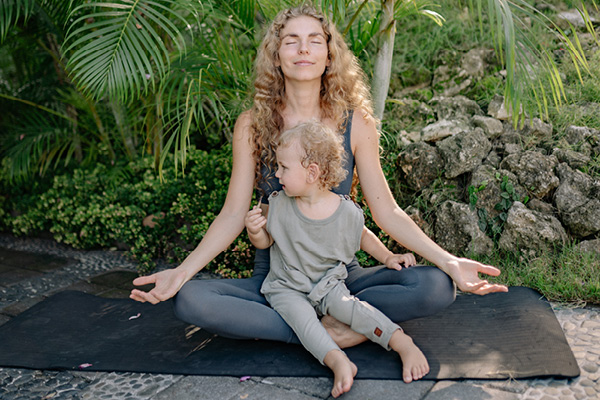
Getting the body moving is a great way to relieve anxiety, with studies showing big-limbed movement relieves cortisol, which in turn, lowers stress.
Even if your children are unable to play organised sport at the moment, going for a walk, kicking a ball in the park, playing with a frisbee or doing some yoga moves inside will help release feel-good endorphins.
Making exercise part of your family routine and developing a mindset for movement, helps relieve muscle tension, pumps up the endorphins, improves kids’ sleep and alleviates anxiety.
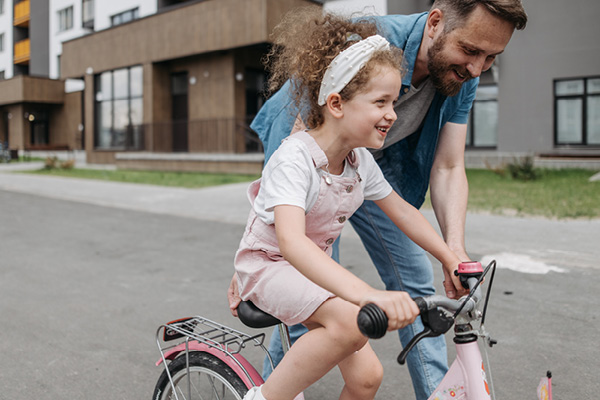
Much has been said about the benefits of mindfulness – which is essentially bringing your attention back to the present moment.
Michael says mindful practice is a useful anxiety management tool which can be introduced to children as young as four.
Start by encouraging children to engage their senses – what can they feel, hear, see? This is a practice that can be employed while going for a walk, listening to music or even eating your favourite food.
With regular practice, mindfulness can help slow a racing mind and decrease the size and reactivity of the amygdala which plays a key role in the anxiety response.
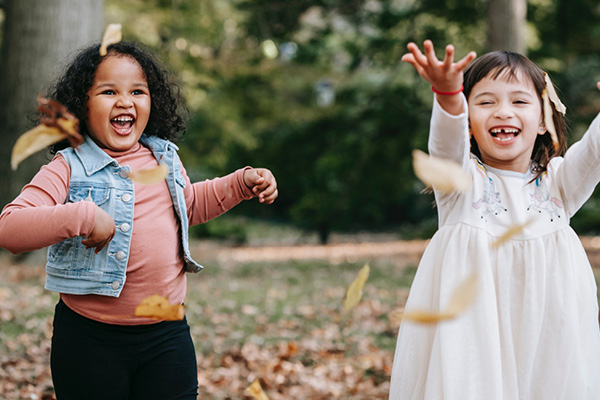
For kids with anxiety, learning how to regularly ‘check in’ is a great tool.
By learning to identify feelings, they can learn how to better manage their emotions by reflecting on possible causes. For example, ‘I’m feeling unsettled because I have to do this test’.
Teach children to stand still and close their eyes, shut out external noise and take some deep breaths. After a short time, they can open their eyes and acknowledge any feeling they can identify. This process can be repeated often throughout the day.
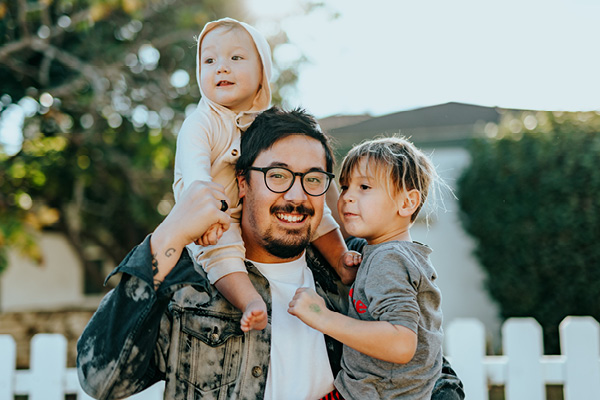
Michael says the act of checking in ‘helps children and young people feel more comfortable with unpleasant feelings and builds their capacity to shift their feelings to a preferable or more appropriate state’.
We’ve all heard the saying, less screen time more green time. As much as technology has many benefits, too much time on screens can leave children feeling drained and over wired.
There’s a mountain of evidence linking time spent outdoors with positive mental health outcomes for kids. Michael says studies show young people sleep better, relax better and feel better when they’re active in green environments.
You don’t have to sell the family home and head to the country – beaches, parks, backyards and urban walking and bike trails can provide the green space needed to promote good mental health.
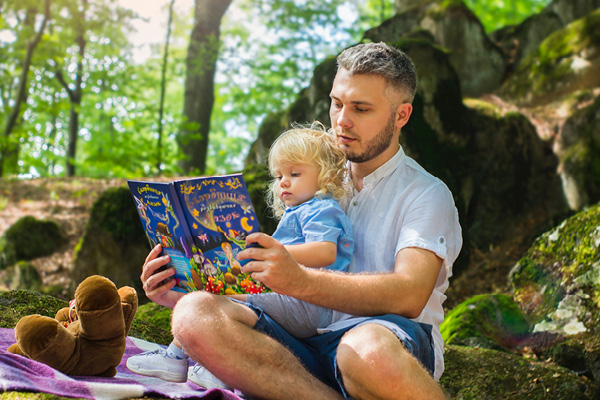
To hear more tips on helping children manage anxiety, tune in to our latest podcast with author and parenting expert Michael Grose – Helping children turn anxiety into resilience.
Learn some other tips with blogs from the podcast here 7 tips to get your kids moving outdoors, and can diet impact children’s mental wellbeing?